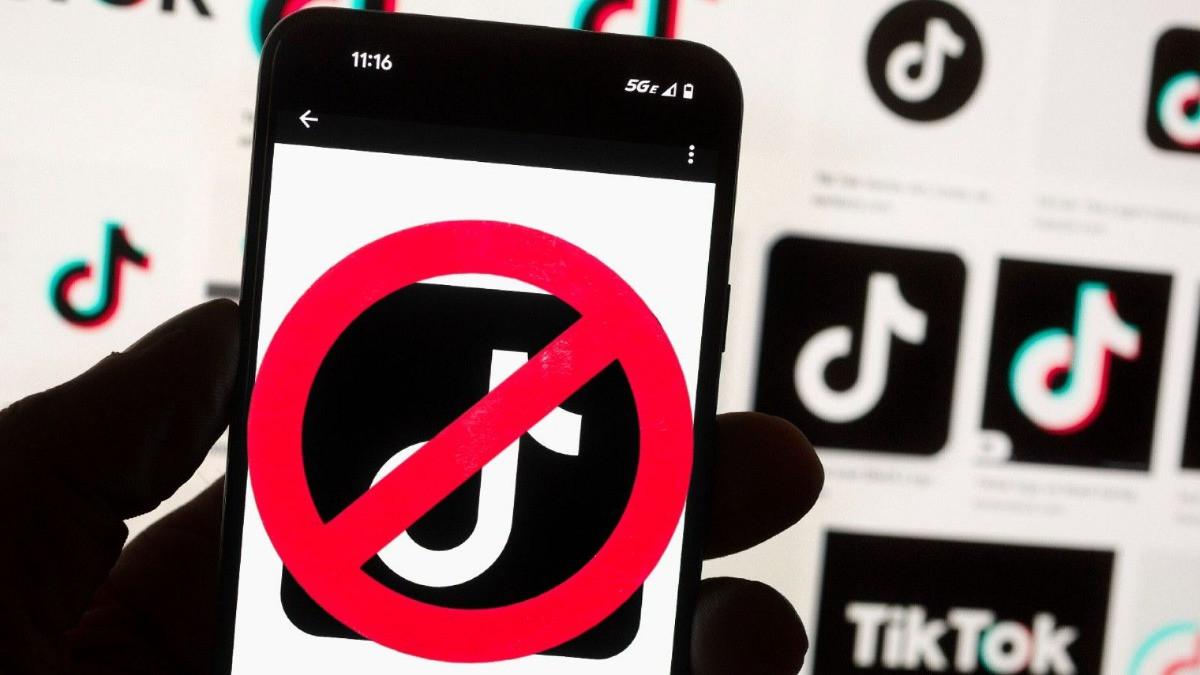
In a dramatic development, TikTok has announced it will "go dark" in the United States on Sunday, January 19, 2025, unless there's last-minute intervention from the US government. This follows the Supreme Court's decision to uphold a law requiring ByteDance, TikTok's Chinese parent company, to sell its US operations or face a ban.
Key Developments:
- TikTok claims it will shut down on Sunday without government assurances
- The platform has 170 million US users and 7,000 US employees
- President-elect Trump, who takes office Monday, has indicated he may oppose the ban
- ByteDance refuses to sell, setting up a high-stakes showdown
The situation has created uncertainty for content creators, with many rushing to alternative platforms like RedNote. Creator Nicole Bloomgarden told BBC the ban would significantly impact her income, while others worry about losing educational content and community connections.
Lessons for African Tech Independence:
1. Digital Sovereignty:
- This situation demonstrates how foreign control of digital platforms can leave users vulnerable
- African nations need to consider developing their own social media and tech infrastructure
- Local alternatives could provide more stability and protection from global political tensions
2. Economic Security:
- The disruption to US content creators shows the risks of depending on foreign platforms
- African digital entrepreneurs need diverse platform options to protect their livelihoods
- Investment in local tech ecosystems could create more sustainable digital economies
3. Data Control:
- The TikTok controversy centres on data security concerns
- African nations should prioritize developing local data storage and processing capabilities
- Building regional data centres could protect citizen privacy and national interests
4. Innovation Opportunity:
- This situation creates space for new platforms to emerge
- African tech developers could fill gaps in the market
- Local solutions could better address African users' specific needs and preferences
5. Policy Implications:
- African governments need clear digital sovereignty strategies
- Investment in tech education and infrastructure is crucial
- Regional cooperation could help create viable alternatives to global platforms
While building competitive alternatives to global tech giants is challenging, the risks of continued dependency are becoming increasingly clear.
Join WhatsApp Channel
Stay connected with the latest news, updates, and exclusive content by joining our WhatsApp channel! Join now and never miss an important update from DailyPress!
 DailyPress
DailyPress





